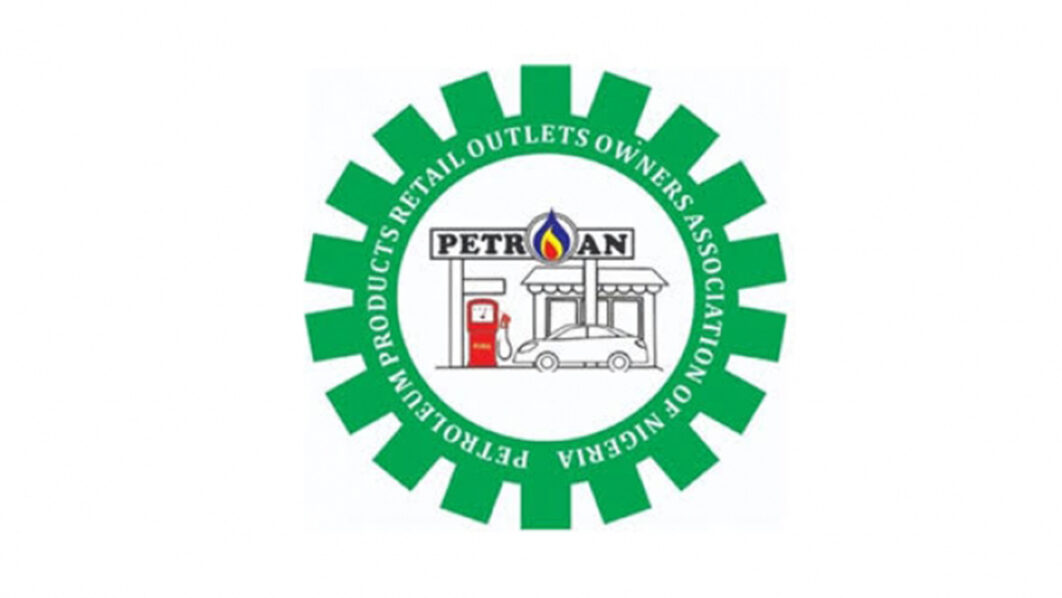PETROAN: Ban on import of foreign products mustn't affect energy security

The Petroleum Products and Retail Outlet Owners Association of Nigeria (PETROAN) has warned the federal government to ensure its ban on the importation of foreign products does not affect energy security in the country.
This was contained in a press statement its the national public relations officer, Dr. Joseph Obele issued from Abuja yesterday.
The statement quoted its National President, Dr. Billy Hary, as saying, “Our primary concern is the availability and affordability of petroleum products in Nigeria to meet the daily consumption volume of over 46 million litres of petrol and other petroleum products.
“We must ensure that our policies do not compromise energy security, as this could have far-reaching consequences for the economy and the well-being of Nigerians.”
PETROAN said it has cautiously welcomed the Federal Government’s decision to ban the importation of foreign goods produced locally, while emphasising the need for careful implementation to avoid unintended consequences.
The national president of PETROAN, Dr Billy Gillis-Harry, applauded President Tinubu for the bold step.
But he warned of potential pitfalls.
Harry counselled the government on the import policy, stressing the need to avoid economic shock.
While commending the government’s efforts to strengthen the domestic economy and promote local content, PETROAN emphasised the need for careful consideration to avoid unintended consequences.
The association urged the government to ensure that the policy does not lead to shortages or price increases, particularly in the petroleum sector, where local refining capacity is still being developed.
PETROAN advised that essential and sensitive products, such as petroleum products, pharmaceuticals, and other highly consumable goods, should be exempted from the ban or have a waiver to ensure their continuous availability.
This is because some products may not be readily available locally, or their local production may be insufficient to meet demand, leading to shortages and price hikes.
Other factors that may necessitate importing goods include:
• Unavailability of specialised technology or expertise locally
• Higher quality standards of imported goods
• Economies of scale favour imports
• Strategic or critical nature of the product
Citing examples from other countries, PETROAN noted that even the United States, under the “America First” policy, has implemented targeted tariffs rather than blanket bans, allowing for flexibility and exemptions for critical goods.
Advantages of Banning the Importation of Foreign Goods: Boosts Local Economy: By promoting local content, the policy can stimulate economic growth, create jobs, and increase domestic production.
Reduces Trade Deficit: Reducing reliance on foreign goods can help narrow the trade deficit and conserve foreign exchange.
Disadvantages of Banning the Importation of Foreign Goods: Potential Shortages: Banning imports can lead to shortages of essential goods, particularly if local production is insufficient or unreliable.
Price Increases: Limiting importation can result in higher prices for consumers, as local producers may not be able to meet demand efficiently, leading to inflationary pressures.
Harry warned that the policy could worsen Nigerian inflation, emphasising the need for energy security.
The association called for increased investment in local refining infrastructure and support for domestic industries to enhance their competitiveness.








